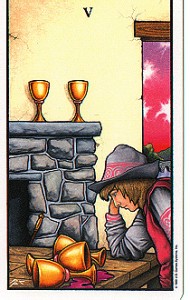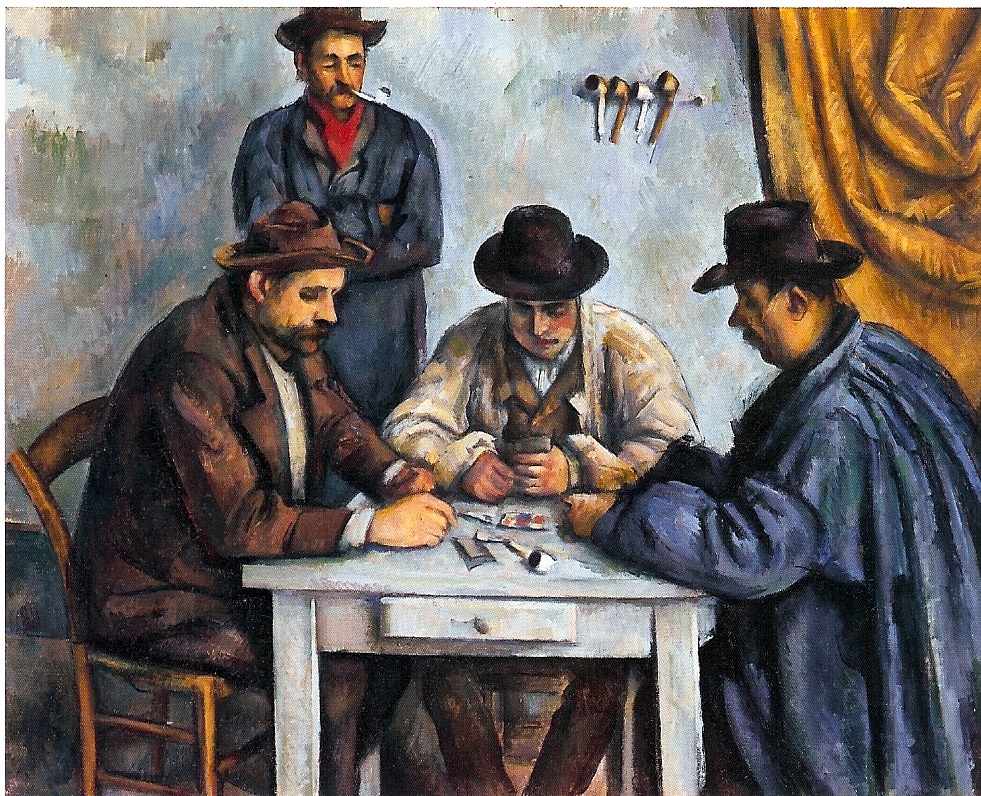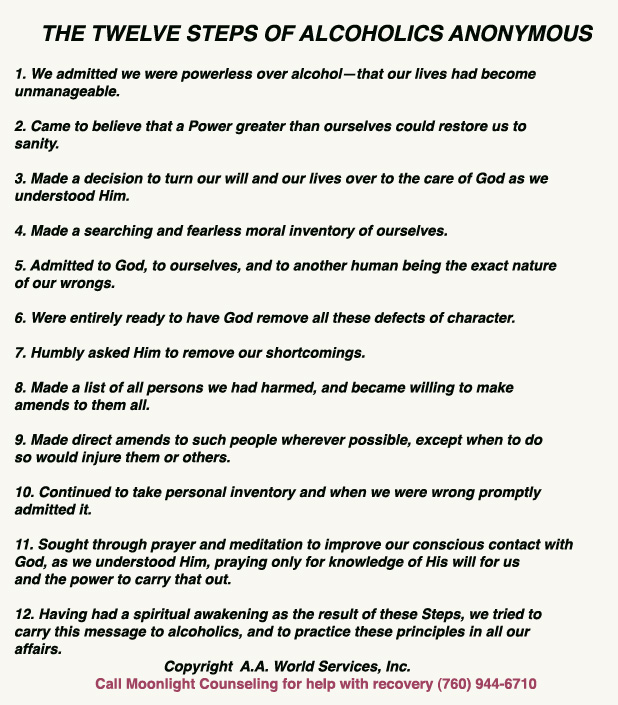 OVERVIEW: I have many years of experience working directly with chemical dependency issues, including dual diagnosis, gambling and sex addiction, and other related problems, in both 28 day Inpatient hospital programs, Outpatient Talk Therapy for individuals, family, and group therapy at Moonlight Counseling. As an eclectic practitioner, I generally subscribe to AA principles, including the need for complete sobriety (“abstinence”) for confirmed addicts and alcoholics (as opposed to controlled usage); my approach is a blend of self-acceptance, Cognitive therapy, Mindfulness techniques, as well as a Buddhist philosophical approach to the meaning of sobriety, suffering, and spirituality. Individual therapy can also be very helpful and supportive for people simultaneously engaged in recovery groups and working with a sponsor, as well as family members of addicts/alcoholics.
OVERVIEW: I have many years of experience working directly with chemical dependency issues, including dual diagnosis, gambling and sex addiction, and other related problems, in both 28 day Inpatient hospital programs, Outpatient Talk Therapy for individuals, family, and group therapy at Moonlight Counseling. As an eclectic practitioner, I generally subscribe to AA principles, including the need for complete sobriety (“abstinence”) for confirmed addicts and alcoholics (as opposed to controlled usage); my approach is a blend of self-acceptance, Cognitive therapy, Mindfulness techniques, as well as a Buddhist philosophical approach to the meaning of sobriety, suffering, and spirituality. Individual therapy can also be very helpful and supportive for people simultaneously engaged in recovery groups and working with a sponsor, as well as family members of addicts/alcoholics.
–WHAT YOU NEED TO KNOW ABOUT ALCOHOLISM
Alcoholic Behaviors in The First Stage of Alcoholism
The following represents some of the classic alcoholic behaviors in the first stage of alcoholism:
- Lack of recognition by the person that he or she is in the early stages of a progressive illness
- Boasting and a “big shot” complex
- Gross Drinking Behavior – more frequent drinking of greater amounts
- A conscious effort to seek out more drinking opportunities
- Increasing tolerance
- An ability to drink great amounts of alcohol without any apparent impairment
Note: If you think you are addicted to alcohol or drugs, realizing that you have a problem is the first step in getting help.
Alcoholic Behaviors in The Second Stage of Alcoholism
The following represents some of the classic alcoholic behaviors in the second stage of alcoholism:
- Gulping the first few drinks to feel the “buzz” faster
- Increasing tolerance
- Drinking because of dependence rather than for stress relief
- Blaming problems on others and on things external to themselves
- Unsuccessful attempts to stop drinking
- Physical problems increase
- Sneaking extra drinks before social events
- More frequent blackouts
- Chronic hangovers
- Sporadic loss of control
Alcoholic Behaviors in The Third Stage of Alcoholism
The following represents some of the classic alcoholic behaviors in the third stage of alcoholism:
- Loss of control have become a pattern
- Serious financial, relationship, and work-related problems
- The development of an alibi system – an elaborate system of excuses for their drinking
- Aggressive and grandiose behavior
- Eye-openers
- Loss of interests
- The start of physical deterioration
- Avoidance of family and friends
- Frequent violent or destructive behavior
- A decrease in alcohol tolerance
- An increase in failed promises and resolutions to one’s self and to others
- Unreasonable resentments
- Problems with the law (e.g, DUIs)
- Neglect of necessities such as food
- Loss of willpower
- Increased tremors
- Half-hearted attempts at seeking medical aid
Note: Researchers have found that various environment factors can interact with one’s genetics. Examples include peer pressure or peer influence, the relative ease of obtaining alcohol, where and how a person lives, a person’s culture, and one’s family and friends.
Alcoholic Behaviors in The Fourth Stage of Alcoholism
The following represents some of the classic alcoholic behaviors in the fourth stage of alcoholism:
- loss of tolerance for alcohol
- obsession with drinking
- “the shakes”
- moral deterioration
- the “DTs”
- devaluation of personal relationships
- continual loss of control
- unreasonable resentments and hostility toward others
- auditory and visual hallucinations
- the collapse of the alibi system
- benders, or lengthy intoxications
Note: Alcohol can be dangerous in smaller amounts if it is used in combination with the following drugs: certain anti-seizure medications such as phenobarbital; sedatives such as barbiturates, tranquilizers, and cannabis; and narcotic pain medications such as codine, opium, heroin, darvocet, and codine derivatives.
Alcohol Withdrawal Symptoms
Alcohol withdrawal syndrome is a group of symptoms exhibited by individuals who stop drinking alcohol after a pattern of continuous and excessive consumption. Alcohol withdrawal symptoms (also known as alcoholism withdrawal symptoms) can range from mild to moderate to severe and include both behavioral and psychological components.
Note: Recent research demonstrates that it is important to treat every person who is experiencing alcoholism withdrawal symptoms. It can be pointed out, however, that approximately 95% of the people who quit drinking alcohol suffer from mild to moderate alcoholism withdrawal symptoms and can normally be treated on an outpatient basis by a healthcare professional. The remaining 5% of people who experience alcoholism withdrawal symptoms, however, suffer symptoms so severe that they must be treated in a hospital or in an alcohol rehabilitation facility that specializes in detoxification.
Mild to Moderate Alcohol Withdrawal Symptoms
The following represents mild to moderate physical alcohol withdrawal symptoms that typically occur within 6 to 48 hours after the last alcoholic drink:
- headache (especially those that pulsate)
- Involuntary, abnormal movements of the eyelids
- Loss of appetite
- Abnormal movements
- Sweating (especially on the face or the palms of the hands)
- Tremor of the hands
- Clammy skin
- Insomnia, sleeping difficulties
- Looking pale, without color
- Rapid heart rate
- Eyes or pupils different size (enlarged, dilated pupils)
- Nausea
- Vomiting
Note: The following represents some of the negative consequences of drinking alcohol and the fertility of the father: killing off the sperm-generating cells in the testicles and abnormal liver function and a rise in estrogen levels that, in turn, affect sperm development and hormone levels.
Severe Alcohol Withdrawal Symptoms
The following represents severe alcohol withdrawal symptoms that typically occur within 48 to 96 hours after the last alcoholic drink:
- Visual hallucinations
- Delirium tremens (DTs)
- Severe autonomic nervous system overactivity
- Black outs
- Muscle tremors
- Convulsions
- Fever
- Seizures
Note: In 1998 in the United States, 1,668 drivers from the ages of 16 to 20 were involved in alcohol-related fatal motor vehicle crashes. Another 21,000 were involved in alcohol-related accidents that resulted in injury
What To Do When Experiencing Alcohol Withdrawal Symptoms
The first concern when experiencing alcohol withdrawal symptoms should be “who should I contact about the alcohol withdrawal symptoms I am experiencing” rather than ”what helps for alcohol withdrawals?” When experiencing alcoholism withdrawal symptoms, always see your doctor or healthcare provider immediately so that he or she can assess the severity of your situation and suggest the best option for treatment. Note: More than 2 million Americans suffer from alcohol-related liver disease. Some drinkers, moreover, develop alcoholic hepatitis (that is, an inflammation of the liver) as a result of long-term
heavy drinking.
Physical Symptoms of Alcoholism and Recovery: Conclusion
Alcoholism Symptoms. Based on the above, it is clear that alcoholism affects people while they are drinking and also when they want to recover from their addiction and experience withdrawal symptoms. The important messages regarding the alcoholism physical symptoms are the following. First, alcoholism leads to a series of damaging physical and psychological behaviors and problems that will continue and intensify unless the person stops drinking. And second, abstaining from alcohol for the alcoholic typically results in alcohol withdrawal symptoms.
–SOBRIETY: THE ESSENCE OF RECOVERY
++++++++++++++++++++++++++++
No Comments Yet
Leave a Reply
You must be logged in to post a comment.






